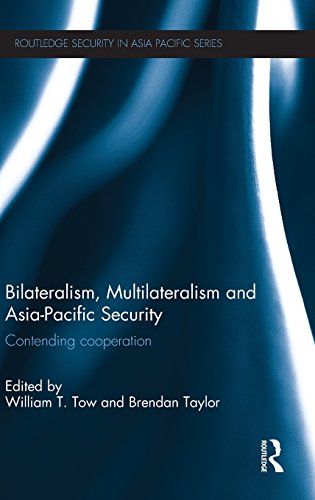

Most ebook files are in PDF format, so you can easily read them using various software such as Foxit Reader or directly on the Google Chrome browser.
Some ebook files are released by publishers in other formats such as .awz, .mobi, .epub, .fb2, etc. You may need to install specific software to read these formats on mobile/PC, such as Calibre.
Please read the tutorial at this link: https://ebookbell.com/faq
We offer FREE conversion to the popular formats you request; however, this may take some time. Therefore, right after payment, please email us, and we will try to provide the service as quickly as possible.
For some exceptional file formats or broken links (if any), please refrain from opening any disputes. Instead, email us first, and we will try to assist within a maximum of 6 hours.
EbookBell Team

0.0
0 reviewsMany scholars of international relations in Asia regard bilateralism and multilateralism as alternative and mutually exclusive approaches to security co-operation. They argue that multilateral associations such as ASEAN will eventually replace the system of bilateral alliances which were the predominant form of U.S. security co-operation with Asia-Pacific allies during the Cold War. Yet these bilateral alliances continue to be the primary means of the United States’ strategic engagement with the region. This book contends that bilateralism and multilateralism are not mutually exclusive, and that bilateralism is likely to continue strong even as multilateralism strengthens. It explores a wide range of issues connected with this question. It discusses how US bilateral alliances have been reinvigorated in recent years, examines how bilateral and multilateral approaches to specific problems can work alongside each other, and concludes by considering how patterns of international security are likely to develop in the region in future.